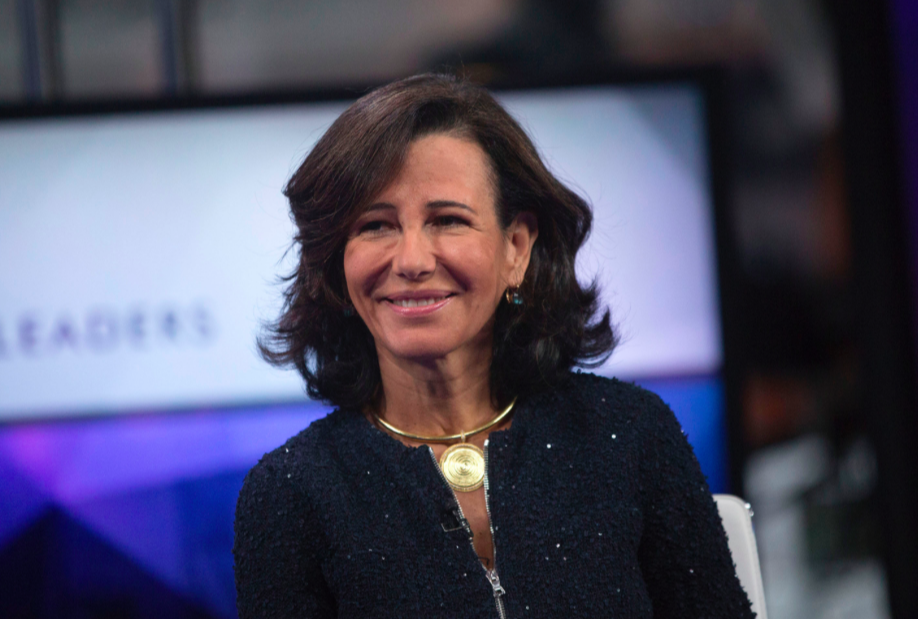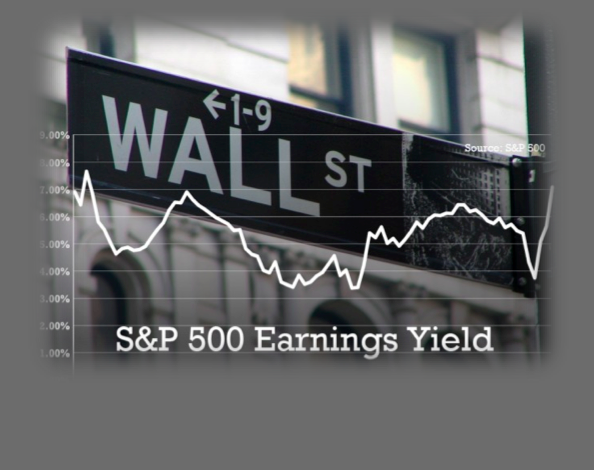The history of shipbuilding is intricately tied to the evolution of welding panel techniques, which have played a key role in advancing the industry. These developments have not only improved efficiency but have also enabled safer and more sustainable ship construction. From the transition away from riveting to the implementation of modern automated systems, welding innovations have continually reshaped the way ships are built.

If you want more information on this topic : Discover here.
From riveting to early arc welding
In the early 20th century, the shipbuilding process relied on riveting, a manual and labor-intensive technique for joining steel plates. While functional, riveting had significant drawbacks: it was time-consuming, prone to errors, and limited the ability to build larger and more robust vessels. By the 1930s, By the 1930s, riveting was gradually supplanted by arc welding, a transformative innovation that replaced rivets with welded joints.
Arc welding provided stronger connections, faster assembly, and better adaptability for modern ship designs. However, the initial adoption of this technique came with challenges. Welders faced inconsistent results due to varying heat input, material properties, and the lack of standardized automation.. Moreover, the marine environment—characterized by high humidity and corrosive saltwater—posed additional obstacles to achieving durable welds.
In the aftermath of World War II, the shipbuilding industry began to embrace prefabrication, which involved assembling large structural panels in controlled environments. These panels were then welded together during the final stages of ship assembly. This method significantly enhanced quality control and cost efficiency., marking a new era in ship construction.
Advances in modern panel welding techniques
The latter half of the 20th century saw significant advancements in panel welding technology, driven by the need to construct larger and more complex vessels efficiently. One of the key innovations was submerged arc welding (SAW), a method ideal for welding long, straight seams in large panels. This technique delivered highly consistent welds with minimal defects, making it a cornerstone of modern shipbuilding.
The rise of laser hybrid welding brought even greater precision to panel welding. By combining the deep penetration capabilities of lasers with the robustness of arc welding, this method minimized heat-affected zones, reduced warping, and enabled faster welding speeds. This innovation was particularly useful for building advanced naval ships and high-performance vessels where precision is critical.
For lightweight vessels, such as ferries or patrol boats, friction stir welding (FSW) became an essential technology. Unlike traditional fusion welding, FSW is a solid-state process that avoids melting the material, resulting in stronger joints with minimal distortion. This method is particularly effective for welding aluminum panels, a material increasingly used to reduce ship weight and improve fuel efficiency.
The introduction of robotic and automated welding systems further revolutionized the industry. Automation ensures consistent weld quality, reduces reliance on skilled labor, and enhances worker safety by minimizing exposure to hazardous conditions. It also enables shipyards to construct more intricate and innovative vessel designs, such as those with curved hulls or unconventional geometries.
A sustainable future for shipbuilding
In recent years, the focus on sustainability has driven the shipbuilding industry to explore greener materials and processes. Lightweight materials, such as aluminum and composites, are becoming more prominent in ship construction to reduce fuel consumption and greenhouse gas emissions. Advanced welding techniques like FSW are being refined to accommodate these materials, ensuring high-performance joints while minimizing energy use and waste.
The evolution of welding panel techniques has been a cornerstone of progress in shipbuilding, enabling the construction of safer, more efficient, and environmentally friendly ships. From the manual labor of riveting to the precision of automated systems, these advancements have set the stage for a sustainable and innovative future in maritime engineering.
I am a writer based in London, specialising in finance, trading, investment, and forex. Aside from the articles and content I write for IntelligentHQ, I also write for euroinvestor.com, and I have also written educational trading and investment guides for various websites including tradingquarter.com. Before specialising in finance, I worked as a writer for various digital marketing firms, specialising in online SEO-friendly content. I grew up in Aberdeen, Scotland, and I have an MA in English Literature from the University of Glasgow and I am a lead musician in a band. You can find me on twitter @pmilne100.







































